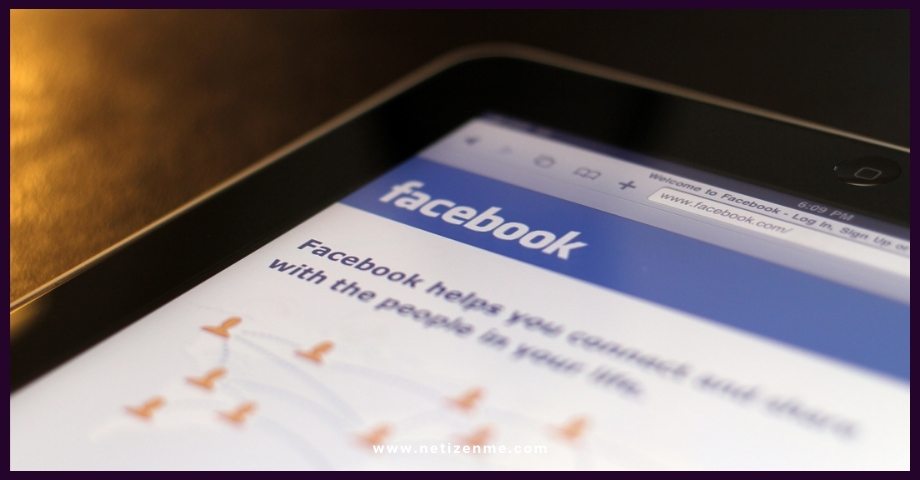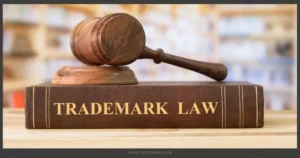
A Look At Facebook Dealing With Public Criticism
Facebook is inarguably the biggest social media platform worldwide. The platform provides a place for people to stay connected with friends and family, to stay updated with what is happening in the world, and to share what matters to them. Accordingly, Facebook’s mission alludes to its goal to impact global social relationships and directs its employees to strive for international business growth.
Facebook’s current mission statement reads, “to give people the power to build community and to bring the world closer together.” This changed from the company’s 2017 statement which stated, “to give people the power to share and make the world more open and connected.” The shift in Facebook’s core message perhaps came as a result of the backlash the corporation has found itself in over the past few years. While there are a number of criticisms levied against the social media giant, this essay discusses the most startling, high-stakes criticisms.
What are the criticism of Facebook?
- The first glaring criticism is Facebook’s reluctance to limit the spread of misinformation and disinformation. Historically, the stakeholders of this situation have been voters in the US. Voter suppression and rampant dispersion of misleading information from politicians and political groups were among the biggest concerns for lawmakers and regulatory bodies, especially in the 2016 presidential elections.
- Another criticism often raised against are the privacy concerns: something Facebook has dealt with ever since it was first launched and continues to do so to this day. The stakeholders in this situation are the users of the website, many of whom have found their data being sold to companies— a practice that stems from Facebook’s revenue model. To respond to this, Facebook promised end-to-end encryption on their own app as well as Instagram and Whatsapp, applications now owned by Facebook. It also plans to introduce less permanent ways of sharing content which can remedy content being on the internet forever once it is uploaded.
- Additionally, Facebook has also come under fire for the way its employees are treated, specifically its content moderators. The argument is that the company subjects its moderators to exposure to extremely harmful and psychologically damaging content, and forces them to do so in harsh working conditions and for poor compensation. In fact, conditions can be so severe that ex-employees report having Post Traumatic Stress Disorder (PTSD) from their time on Facebook. As a response, Facebook representatives say employees are given wellness training and offered endless mental support by the company. One spokesperson said, “Facebook is very proud of the fact that Facebook employees get proper psychological support…”
- Last but not least, Facebook has also had a turbulent past when it comes to advertising on its platform. This included practises such as adding fraudulent likes to posts to seemingly increase engagement; undesired targeting, where users who did not belong to potential or actual customers of a certain business or industry were given advertisements from said companies; click fraud, where 80% of clicks were coming from bots instead of actual human users of the site. This has led to false metrics being recorded by businesses on the site which can cause discrepancies. In response to this, Facebook made the move to take down over a billion fake and suspected bot accounts from October to December alone last year.
Facebook, as it moves to rebrand itself as Meta, has promised to address and eliminate the shortcomings that have given Facebook its current reputation and have resulted in many users moving to other, competitor platforms.
Check the following reference articles to learn more about A Look At Facebook Dealing With Public Criticism:
- Bernal, N. (2021, June 11). Facebook’s content moderators are fighting back. WIRED UK. Retrieved February 10, 2022, from (URL)
- Kleinman, B. Z. (2019, April 30). Facebook boss reveals changes in response to criticism. BBC News. Retrieved February 10, 2022, from (URL)
- Miller, K. (2020, July 8). The 5 Biggest Criticisms Leveled Against Facebook in a New Civil Rights Audit. InsideHook. Retrieved February 10, 2022, from (URL)
- Reuters Staff (2021, March 22). Facebook says it took down 1.3 billion fake accounts in Oct-Dec. Reuters. (URL)
- Wikipedia contributors. (2022, February 4). Criticism of Facebook. Wikipedia. Retrieved February 10, 2022, from (URL)
- Capturing Market Opportunities in SriLanka

- A Look on Real-life Practices of Project Management

- Trademark Law

This article is written by:
Our professional writers and editors are passionate about sharing high-quality information and insights with our audience. We conduct diligent research, maintain fact-checking protocols, and prioritize accuracy and integrity to the best of our capacity.
You can cite our articles under the author name "Netizenme"







